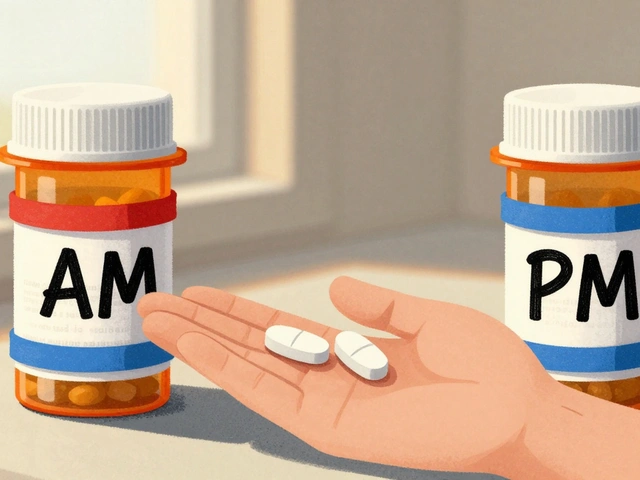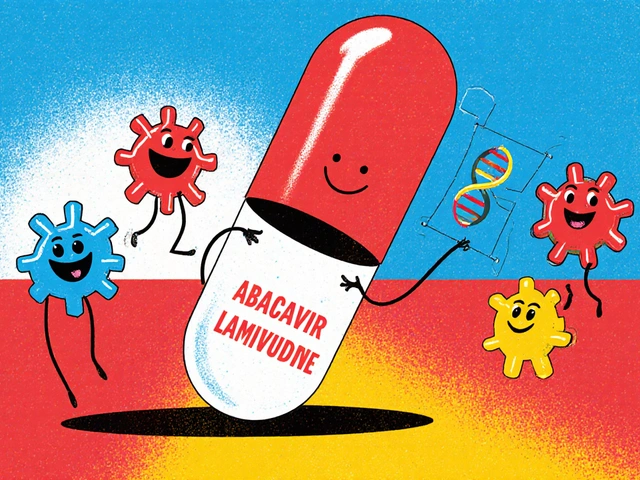Chronic Hepatitis C – What You Need to Know
Did you know that millions of people carry hepatitis C without ever feeling sick? The virus can hide for years, slowly hurting the liver. If you’ve been told you have chronic hepatitis C, you probably have a lot of questions about what it means and how to deal with it without breaking the bank.
Understanding the disease
Hepatitis C is caused by the HCV virus, which spreads through blood contact. Today most infections come from sharing needles, unsafe tattoos, or medical procedures with poor sterilisation. Once the virus enters the body it can become chronic – that means the infection sticks around for more than six months.
In the early stage many people feel fine. When symptoms do appear they’re often vague: tiredness, occasional aches, or a dull pain in the upper right belly. Blood tests that check for HCV antibodies and a follow‑up RNA test confirm the diagnosis. A liver scan or biopsy can show how much damage has happened.
Left untreated, chronic hepatitis C can lead to cirrhosis, liver cancer, or the need for a transplant. The good news is that modern medicines can clear the virus in most cases, stopping the damage before it gets worse.
Finding cheap and safe treatment
The biggest breakthrough in the last decade is the direct‑acting antiviral (DAA) drugs. These pills target the virus directly and cure over 95 % of patients in just 8‑12 weeks. Brand‑name versions can cost thousands of dollars, but generic versions are now approved in many countries and cost a fraction of the price.
If you live in Australia, the PBS (Pharmaceutical Benefits Scheme) covers many DAA regimens for eligible patients. Even if you’re not eligible, you can still look for reputable online pharmacies that require a valid prescription. Check that the site is licensed, displays a physical address, and offers a pharmacist you can contact.
Insurance can also help. Some health funds reimburse a part of the cost if you provide a doctor’s prescription and a letter explaining medical necessity. When you speak to your doctor, ask about the cheapest approved regimen and whether a generic option is suitable for your genotype.
While searching for a low price, don’t compromise on safety. Avoid “miracle cures” that claim to cure hepatitis C with herbs or untested products. These can delay proper treatment and harm your liver. The safest route is a prescription from a qualified doctor, a verified pharmacy, and a clear treatment plan.
Finally, keep your follow‑up appointments. Your doctor will test your blood after treatment to make sure the virus is gone. If the virus reappears, there are rescue therapies that can be used.
Living with chronic hepatitis C doesn’t have to be a financial nightmare. With the right information, affordable generic DAAs, and a supportive healthcare provider, you can clear the virus and protect your liver without emptying your wallet.

Herbal Supplements in Managing Genotype 3 Hepatitis C
Exploring how herbal supplements can play a role in managing Genotype 3 Chronic Hepatitis C. With traditional treatments often causing significant side effects, many patients are turning to complementary therapies. This article delves into which herbal remedies have shown promise, how they work alongside prescribed therapies, and tips on integrating them safely. By understanding the synergy between plants and medicine, patients may find enhanced relief and improved liver health.




